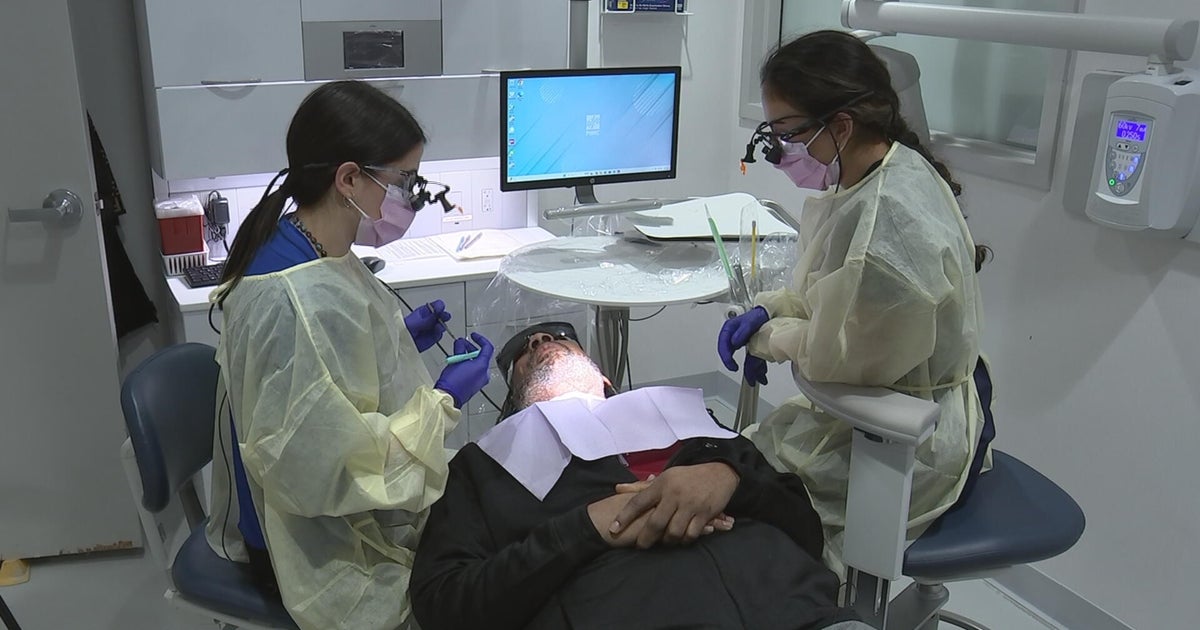What No One Tells You About Medicare Coverage -- Glen (Vol. 1)
The following is an excerpt from Phillip Moeller's Get What's Yours For Medicare: Maximize Your Coverage, Minimize Your Costs, out now on Simon & Schuster. This is the first of a three-part series on Medicare coverage.
Glen didn't retire until he turned 70 in 2010. He and his wife, Margie, were covered until then by his employer's health plan. Glen read the annual Medicare & You guide put out by the Centers for Medicare & Medicaid Services (CMS). His clear understanding from the guide was that he had been automatically enrolled in Medicare since he turned 65.
This was not true. Glen made a big Medicare mistake by not asking anyone to confirm his understanding. In fact, Glen had no Medicare coverage as of 2010. Neither did Margie. But they didn't know this.
![]()

Phillip Moeller
(Photo courtesy of Simon & Schuster)
![]()
"No one told me" is a scary cautionary Medicare tale that could be the subtitle of this book.
![]()
"No one told me" is a scary cautionary Medicare tale that could be the subtitle of this book. It is repeated in countless calls for help from people like Glen and Margie (not their real names) to Medicare consumer counselors and call-center staffers around the country. And it is voiced even by people who consider themselves otherwise smart and well informed.
As it turns out, there can be little about Medicare that is automatic or clear or, especially in the midst of a medical emergency, logical or perhaps even fair. Despite widespread contrary beliefs, people are free never to get Medicare and can simply pay their own health bills without insurance. However, if you forgo Medicare and later change your mind, there can be steep late-enrollment penalties and many months may pass before Medicare insurance takes effect.
 Get What's Yours For Medicare book cover. (Courtesy of Simon & Schuster)
Get What's Yours For Medicare book cover. (Courtesy of Simon & Schuster)
![]()
Even for people who want health insurance, Medicare usually isn't even required at age 65 or, indeed, at any later age, so long as a person — or their spouse — is still working and has group health insurance coverage from a current employer. Social Security is supposed to send out Medicare cards to some people when they turn 65. Maybe it did send out a card to Glen. Maybe he thought this meant he was covered. But this doesn't always happen, especially when a person has not yet started taking their Social Security retirement benefit.
There are three really big deals about getting Medicare right:
1. Enroll at the right time. Medicare has a bewildering mix of enrollment periods. You need to use the right one.
2. Choose the right mix of Medicare coverage. There are only two main paths here. One is Original Medicare (Parts A and B), perhaps with a Medigap supplemental policy, plus a Part D prescription drug plan. The other is a Medicare Advantage plan, usually including a Part D plan.
3. Understand the coverage. Understand what these various parts of Medicare cover and how to use them.
For nearly four years, Glen and Margie had no health problems serious enough to have caused them to file a claim with Medicare and learn about their earlier mistake. But then, in 2014, Margie got sick and was diagnosed with terminal cancer. They then began trying to file claims for what eventually would be enormous medical expenses. That's when they found out that neither of them had Medicare coverage. Glen called the nonprofit Center for Medicare Advocacy seeking help.
Glen had missed his original window to sign up for Medicare after he retired in 2010. Margie may have assumed she was automatically covered by Medicare as well. The details aren't clear, although it became clear in hindsight that they never really understood that there is no family coverage under Medicare, as is routinely the case with employer health insurance.
Glen and Margie needed to file individually for Medicare. When they realized their error in 2014, they had missed one of the many enrollment periods available during the year, and were told they had to wait until the beginning of 2015 to file for Medicare. Under its rules, their coverage would not become effective until July 2015.
Instead of being able to focus on spending as much quality time with her as possible, Glen's life instead included crushing medical bills and the need to worry about how he would pay for his wife's care.
![]()
Glen and Margie had to face her cancer with no insurance whatsoever. Instead of being able to focus on Margie's care and spending as much quality time with her as possible, Glen's life instead included the prospect of crushing medical bills and the need to worry about how he would pay for his wife's care. Medical expenses are, sadly, a leading cause of personal bankruptcy.
After the center said it had no immediate solution to their problem, Glen broke off contact. More than a year later, the center reached him again. "He is a defeated man," a staffer recalled. "Things had turned out terribly. He did, indeed, lose his wife."
And he still didn't know if he had Medicare.
Phillip Moelerr is the author of Get What's Yours For Medicare: Maximize Your Coverage, Minimize Your Costs. He writes about retirement for Money and authors the Ask Phil Medicare column for PBS. He also is a Research Fellow at the Center on Aging & Work at Boston College and the founder of Insure.com, a leading site for insurance information.
The views, opinions and positions expressed within this guest post are those of the authors alone and do not represent those of CBS Local or the CBS Corporation. The accuracy, completeness and validity of any statements made within this article are verified solely by the authors.







